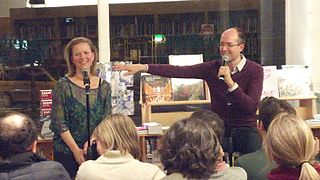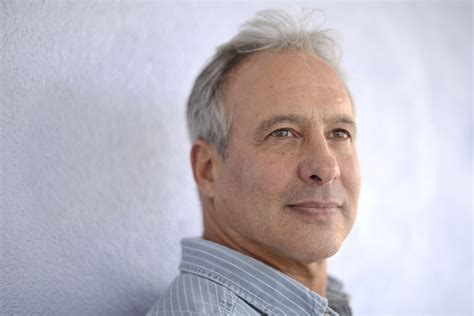A Quote by Daphne du Maurier
When one is writing a novel in the first person, one must be that person.
Related Quotes
I had to detach myself from myself, if that makes any sense, to conjure an authentic first-person voice. In that sense, it was similar to writing a first-person novel. But I was writing about real people, not fictional ones - myself, my family, my friends and boyfriends and ex-husband, and that was extremely tricky.
After my first novel, my mother said to me, 'Why don't you make your writing more funny? You're so funny in person.' Because my first novel was rather dark. And I don't know, but something about what she said was true. 'Yes, why don't I?' Maybe I was afraid to be funny in the writing. But since then, seven books later, almost everything I've done has a comedic edge to it.
If you have a person enslaved, the first thing you must do is to convince yourself that the person is subhuman. And won't mind the enslavement. The second thing you must do is convince your allies that the person is subhuman so that you have some support. But the third and the unkindest cut of all is to convince that person that he, she, is not quite a first class citizen.
People who write for reward by way of recognition or monetary gain don't know what they're doing. They're in the category of those who write; they are not writers. Writing is simply something you must do. It's rather like virtue in that it is its own reward. Writing is selfish and contradictory in its terms. First of all, you're writing for an audience of one, you must please the one person you're writing for. Yourself.







































